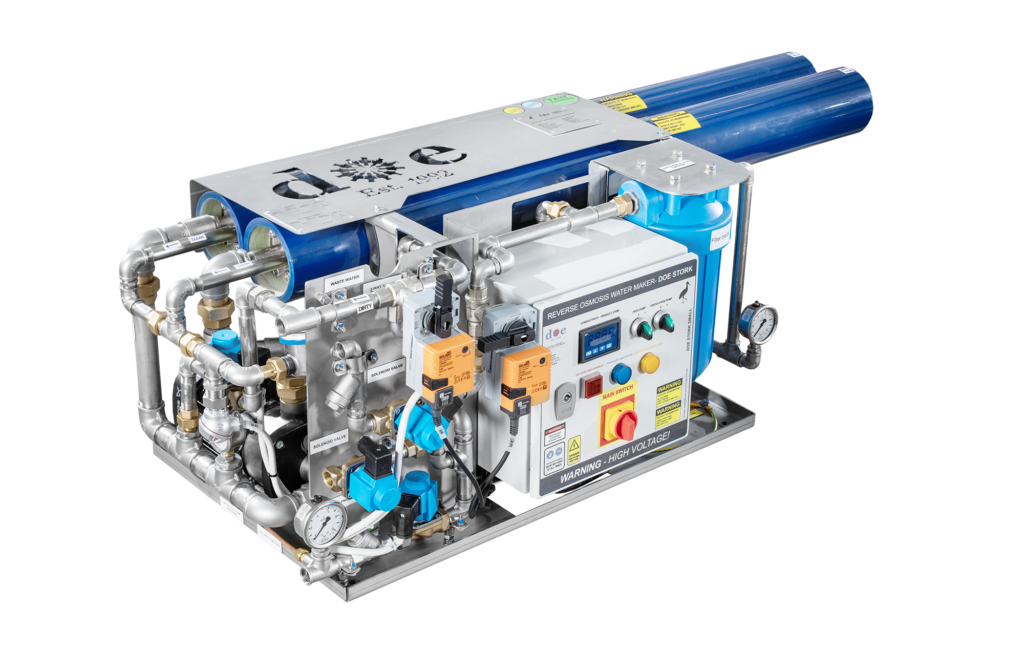Membrane filtering technology is a process that involves passing a liquid or gas mixture through a thin, porous membrane to separate unwanted particles or substances from the desired ones. The membrane acts as a barrier that allows only certain molecules or particles to pass through while blocking others based on size, shape, and other properties.
There are various types of membranes used in filtration technology, including microfiltration, ultrafiltration, nanofiltration, and reverse osmosis. Microfiltration membranes have larger pore sizes and are commonly used to remove large particles and bacteria from liquids such as milk and beer. Ultrafiltration membranes have smaller pore sizes and can remove smaller particles such as proteins and viruses from liquids such as blood and wastewater. Nanofiltration membranes have even smaller pore sizes and can remove ions and small organic molecules from liquids such as seawater and industrial effluent. Reverse osmosis membranes are the tightest and can remove dissolved salts and other contaminants from water.
Membrane filtration technology has many applications, including water and wastewater treatment, food and beverage processing, pharmaceutical manufacturing, and biotechnology. It is a reliable and efficient way to separate and purify substances, and it is often used in combination with other separation techniques to achieve higher levels of purity and selectivity.

